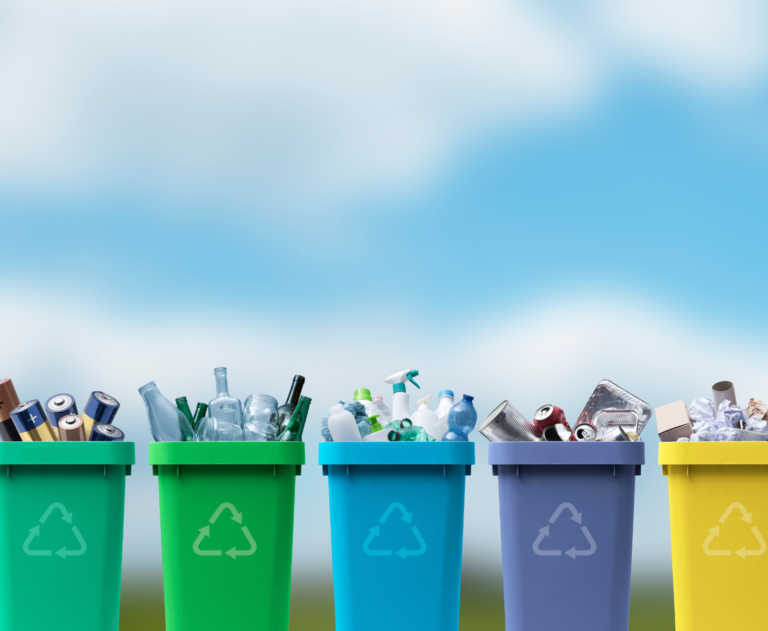Waste management has become an urgent global concern as the amount of municipal solid waste continues to rise. According to the United Nations Environment Program (UNEP), global waste generation is projected to increase from 2.3 billion tonnes in 2023 to 3.8 billion tonnes by 2050. This increase in waste production highlights the importance of adopting sustainable waste management strategies, including waste diversion and recycling, to mitigate environmental impact and rising costs.
Waste Management Costs and Trends
The direct cost of waste management worldwide was estimated at $385 billion AUD in 2020, with potential
increases due to pollution, health effects, and climate change. Without effective intervention, the global cost of waste management could nearly double by 2050, reaching an alarming $978 billion AUD.
The National Waste Report, published every two years, offers valuable insights into Australia’s waste production and handling practices. The latest report from late 2022 reviews data from the fiscal year 2020-21, showing that while annual waste generation has increased due to population, per capita waste has decreased.
The Importance of Waste Diversion
Waste diversion is crucial for mitigating climate change and achieving sustainability goals. By redirecting waste away from landfills through recycling, composting, and waste-to-energy initiatives, significant reductions in greenhouse gas emissions can be achieved. Decomposing organic waste in landfills emits methane, a potent greenhouse gas with a higher heat-trapping potential than carbon dioxide. Composting organic materials can curb methane emissions and contribute to climate change mitigation.
Waste Diversion Strategies
Promoting waste diversion and proper waste management practices is essential for combating climate change and achieving sustainability goals. By recycling, composting, and reusing materials, organisations can reduce their environmental impact, create economic opportunities, and contribute to a more sustainable future.
Recycling Programs:
• Collect, sort, and process materials like paper, plastics, glass, and metals for reuse.
• Reduces waste sent to landfills, conserves resources, and lowers energy consumption
Composting:
• Convert organic waste like food scraps and yard trimmings into nutrient-rich compost for
gardening and agriculture.
• Curbs methane emissions from decomposing waste.
Donation Programs:
• Encourage reuse of items and materials through donation initiatives.
• Supports community organisations and extends the life cycle of products.
Waste-to-Energy:
• Convert waste into energy through processes like incineration or gasification.
• Provides an alternative to traditional fossil fuel sources.
Waste Sorting and Standardisation
Effective waste diversion begins with proper waste sorting. In Australia, standardised bin colours simplify waste sorting:
• Yellow: Co-mingled recyclable materials such as paper, cardboard, glass, and plastics.
• Red: General household waste sent to landfill.
• Green: Organic waste for composting, including food scraps and yard waste.
• Blue: Paper and cardboard recycling.
Benefits of Waste Diversion
Waste diversion offers many advantages beyond environmental sustainability:
• Energy Efficiency: Recycling and reusing materials saves energy compared to producing new items from raw resources.
• Job Creation: The recycling and waste management industries provide employment opportunities.
• Cost Reduction: Waste diversion can lower disposal costs for organisations and municipalities.
• Environmental Protection: Diverting waste helps preserve land for other purposes and lowers greenhouse gas emissions.
Forms of Waste Diversion
1. Recyclables: Materials eligible for collection and processing into new products.
2. Compostables: Biodegradable materials suitable for composting, such as food scraps, coffee grounds, and compostable packaging.
3. Reusables: Items capable of repeated use, either in their original state or after refurbishment.

